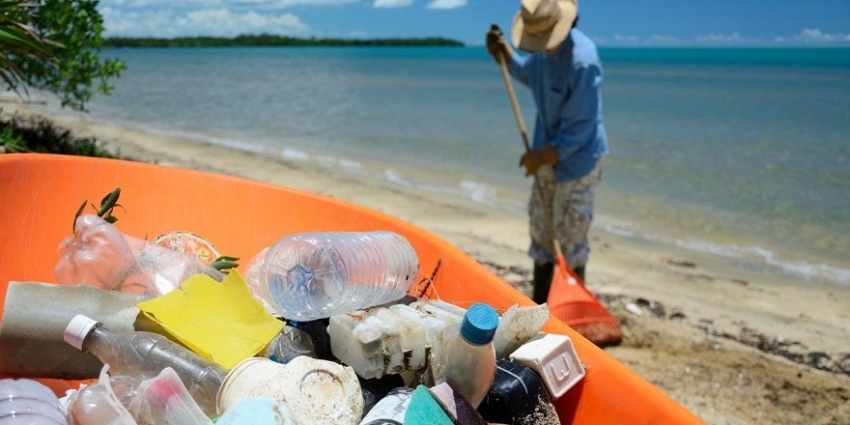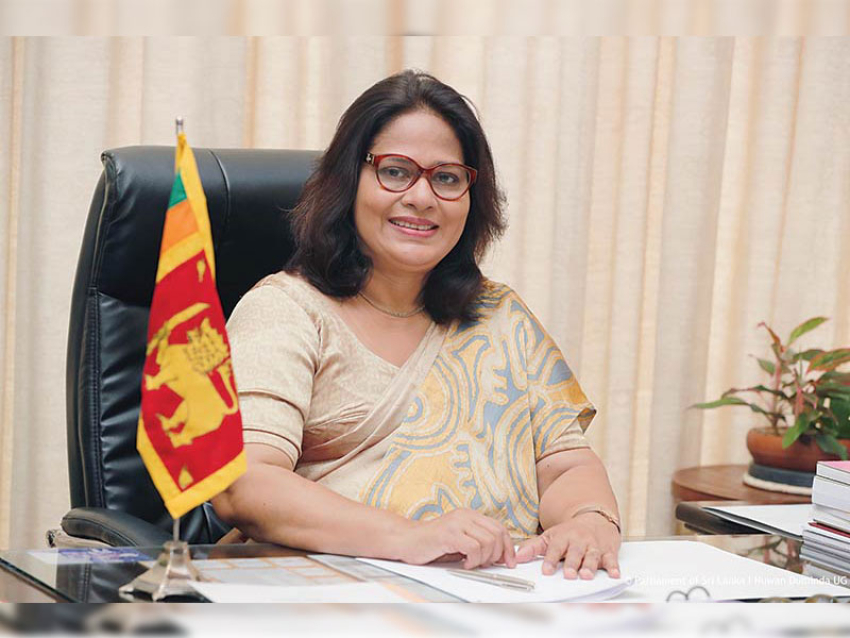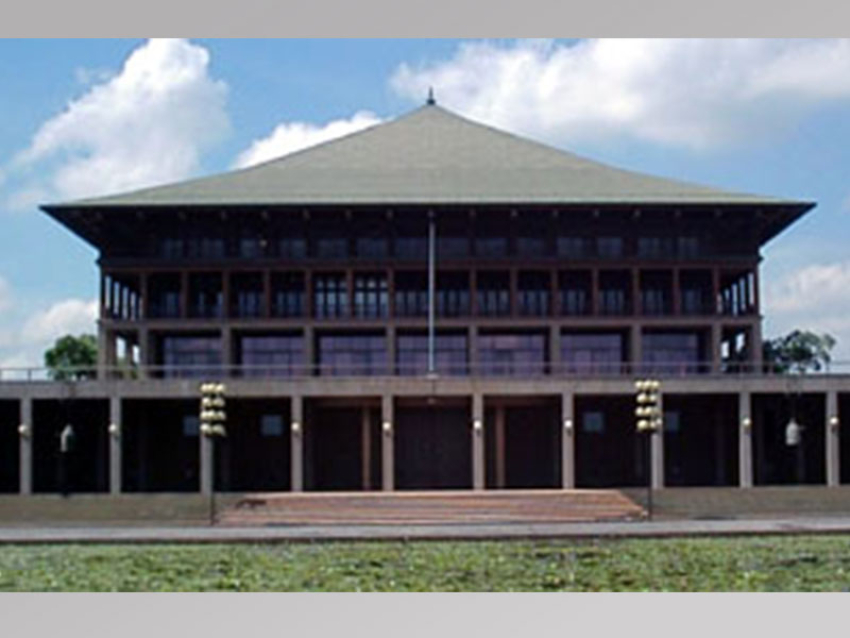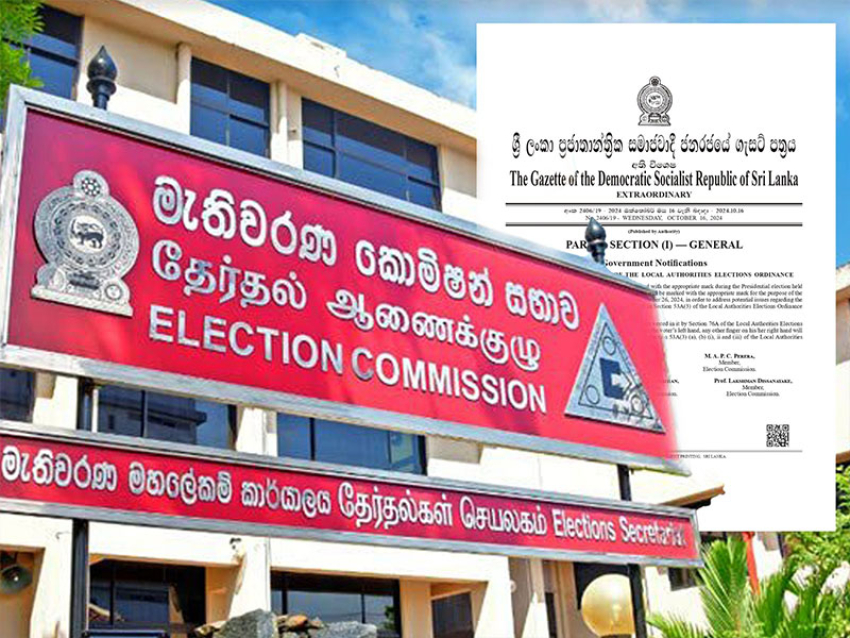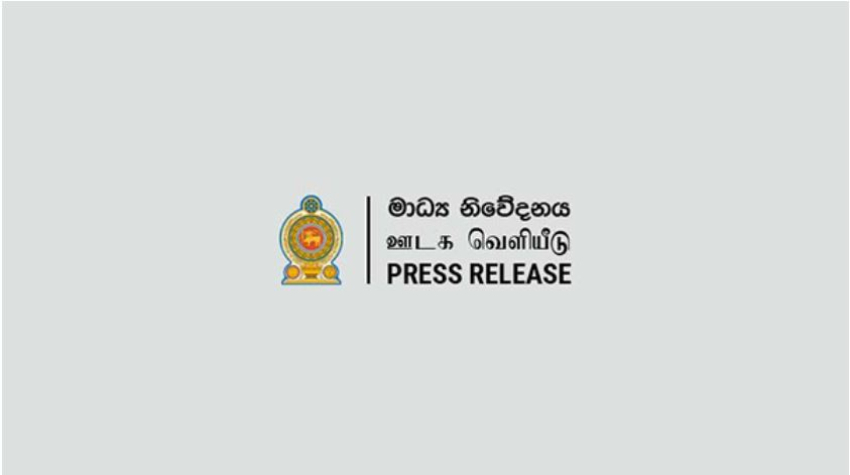It was once a shoreline buried by enough trash to render it invisible, warranting the unfortunate nickname “toilet bowl”. Now the Philippines' Manila Bay beach is unrecognisably clean compared with a few months ago, a transformation so sudden and extreme that it brought tears to the eyes of residents.
The clean up started on 27 January, when 5,000 volunteers descended on Manila Bay to remove over 45 tonnes of garbage, marking the beginning of a nation-wide environmental rehabilitation campaign. But some two months before this massive movement began, a quiet revolution was already underway.
During the first week of December 2018, Brooklyn-based Bounties Network collected three tonnes of trash from Manila Bay over two days through a pilot project that paid a small network of people, mostly fishermen, for each cache of trash with a digital currency based on the Ethereum system.
For the mostly non-bank-using Filipino fishermen, this was a first-ever experience with a cryptocurrency. It’s one that could prove decisive in enabling poor communities around the world to take up arms in the fight against humanity’s waste, starting at the source of the bulk of global ocean pollution.
There are signs that this recycling-for-digital-payment industry may be just about to take off. Earlier in September 2018, Plastic Bank, a Vancouver-based blockchain company powered by IBM technology, also launched a similar inaugural project. They set up a scheme in Naga, a town in southern Luzon, the country's largest island, establishing a permanent collection point to let people trade plastic and recyclable materials for digital payouts through a reward system. Shaun Frankson, co-founder of Plastic Bank, says three more similar locations will open near Manila Bay over the next six months.
Philippines river clogged with plastic (Credit: Getty Images)
Many of the poorest communities are the most affected by plastic waste (Credit: Getty Images)
That both these pioneers have chosen the Philippines as their first location is not surprising considering the country’s contribution to ocean waste. A Wall Street Journal study in 2015 revealed that the Philippines is the third-largest emitter of plastic waste into global oceans, sending out almost two million metric tonnes of waste a year. Only China and Indonesia produce more plastic waste.
About 80% of ocean plastic in developing countries comes from areas of high poverty, IBM researchers have discovered. That insight could now inspire a revolution in plastic waste recycling to empower poverty-stricken people in these regions. Other projects are already being organised by Bounties Network in Thailand and Indonesia, and by Plastic Bank in Indonesia and Haiti, with plans for global expansion in the coming year.
The Philippines, a country with a knack for adopting new technologies, offers the perfect backdrop to test the new recycling business model.
Employing digital payouts to combat ocean pollution may be one of the most striking examples of how this new world of money can be put to the best of uses
“Bounties Network got a partnership with a local digital payment provider, Coins.ph, to make sure people could exchange the Ethereum into fiat [currency],” says Simona Pop, co-founder of Bounties Network.
Employing digital payouts to combat ocean pollution may be one of the most striking examples of how this new world of money can be put to the best of uses. In the world’s most disenfranchised communities, people often lack formal bank accounts but are often the source and victims of seemingly unsurmountable plastic waste challenges.
Manila Bay (Credit: Getty Images)
Manila Bay has a huge problem with plastic pollution (Credit: Getty Images)
The fishermen that participated in Bounties Network’s December clean-up collected a mountain of unholy detritus – ranging from plastics, sodden mattresses, nappies, school supplies, shoes, children’s dolls and slippers. The waste has turned the bay’s water toxic, which indeed remains a major challenge for the government’s rehabilitation programme.
Yet, it’s the recycling habits that digital payout programmes teach these communities that will be more valuable in the long run than any superficial trash removal.
“It’s like we are killing two birds with one stone,” says Christina Gallano, a technical project manager who oversaw the Bounties Network project. “We are educating people and making them realise the benefit of having a clean environment, as well as the effect it will have in the long run, such as a greater amount of fish.”
In some cases, this means saving as much of 50% of the original funds that would otherwise be spent on third-party fees – Simona Pop
While Bounties Network has taken a grassroots approach, the Plastic Bank method also tries to get commercial players involved. “Businesses of all kinds can use our free application on their basic smartphone to run their businesses and accept Plastic Bank’s digital rewards as an alternative to cash payments,” says Frankson. Local grocery stores or banks can manage a point-of-sale system, real-time inventory tracking, automatic reporting, secured access for staff members, and instant digital receipts.
Then there is the huge cost-saving potential brought about by this disruption, which benefits both funders and fulfillers and avoids traditional banks and their fees.
“In some cases, this means saving as much of 50% of the original funds that would otherwise be spent on third-party fees, which is why we’ve been receiving a lot of inbound interest from major non-profits to continue this pilot in other locations with different use cases,” says Pop.
Crew after clean-up (Credit: Nathan Beer)
The clean-ups have shown that the waste can be cleared for much less money than on current government schemes (Credit: Nathan Beer)
Bounties Network’s two-day Manila Bay project employed fishermen for approximately $2.50 (£1.97) an hour, which is almost double a whole day’s pay for someone on minimum wage in the Philippines. The final bill for the clean-up came to $700 (£550) for about three metric tonnes of waste removal; the same results using the official government programme would have cost $10,500 (£8,280).
That kind of bang for buck is impressive, no matter how you measure it. The real-world transformations created by these pilot projects are testaments that blockchain technology can have tangible benefits over cash. A cleaner Manila Bay may only be the start.

